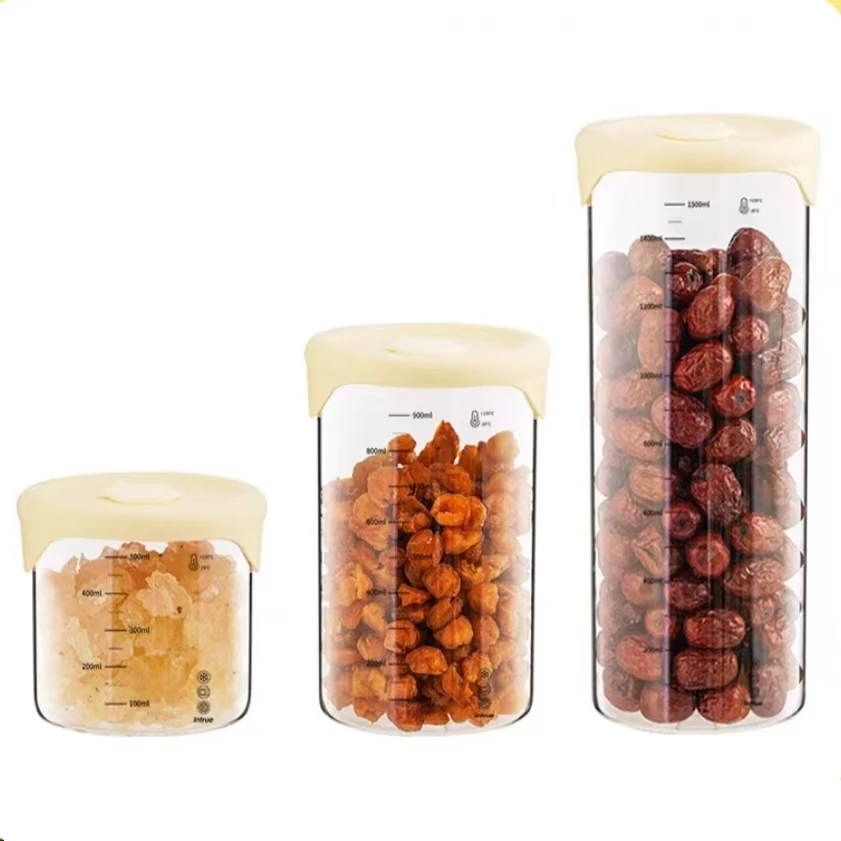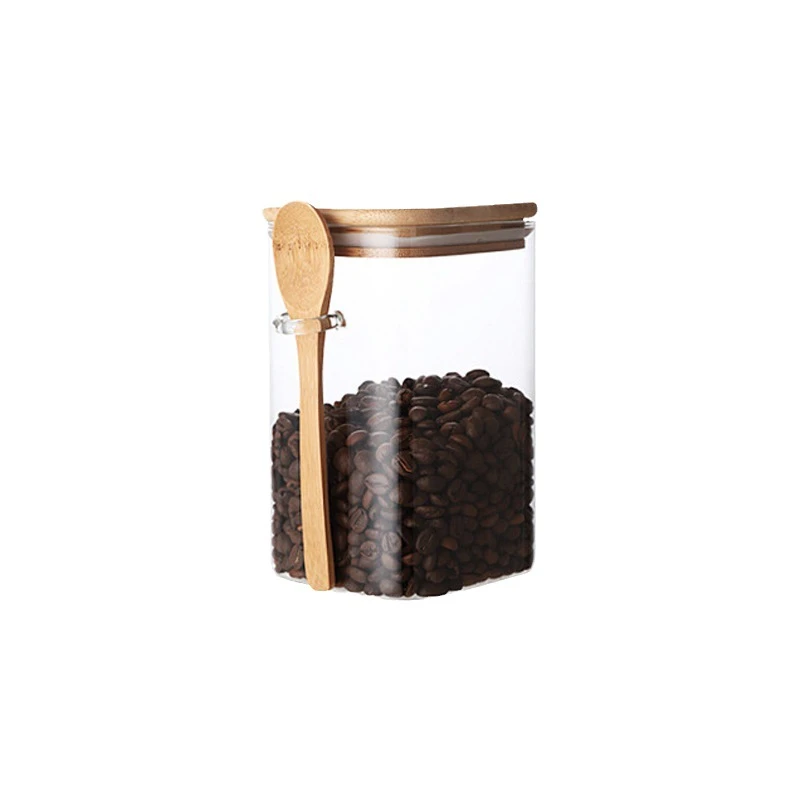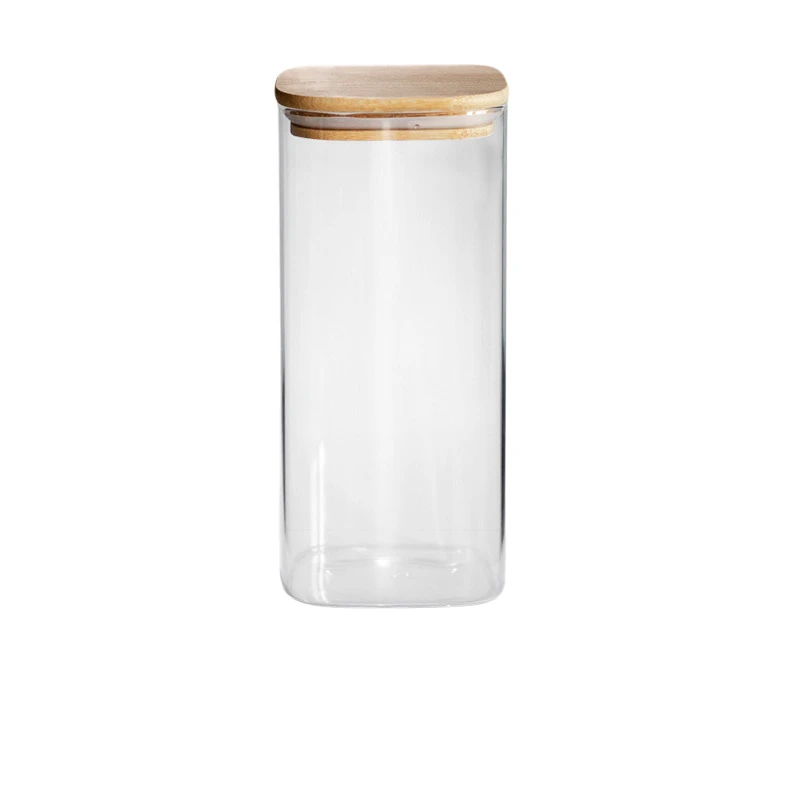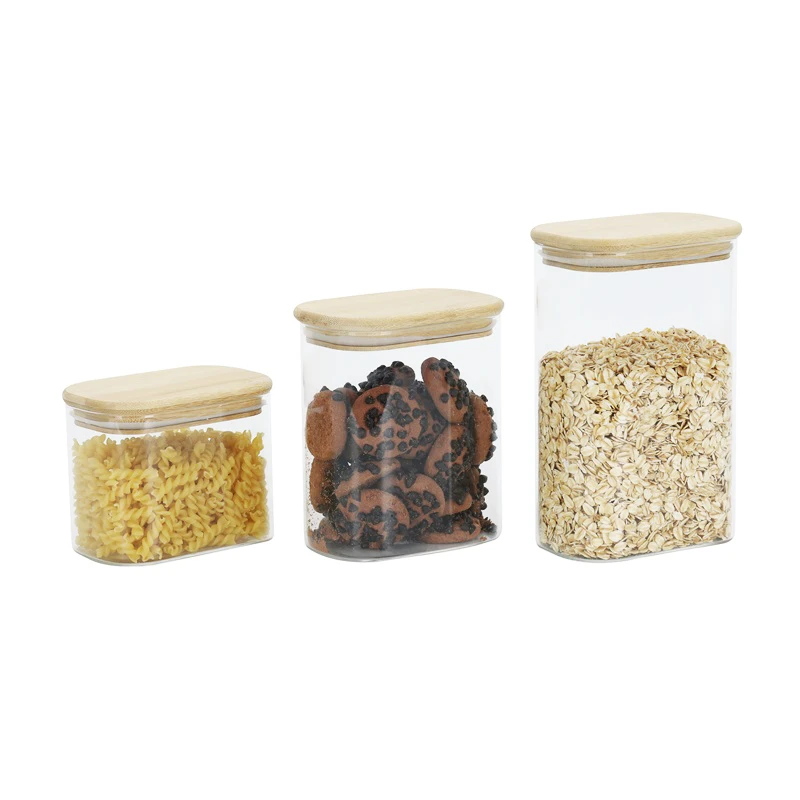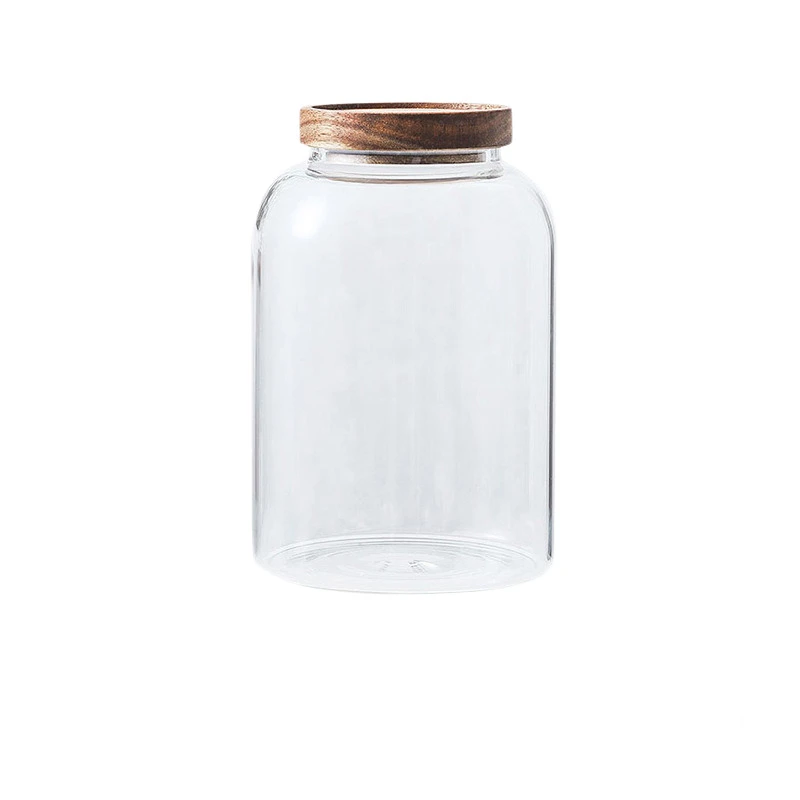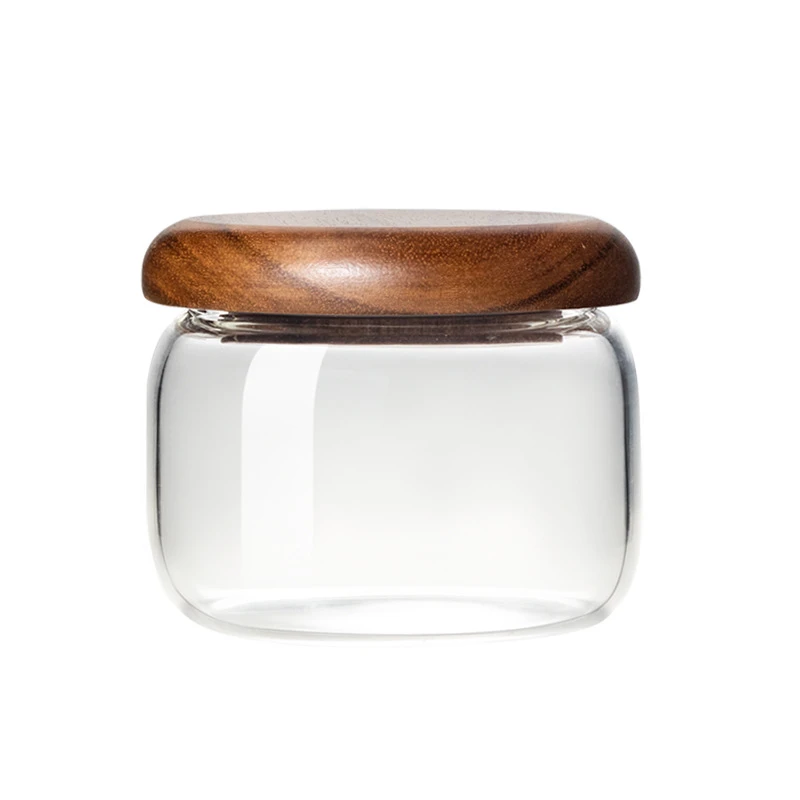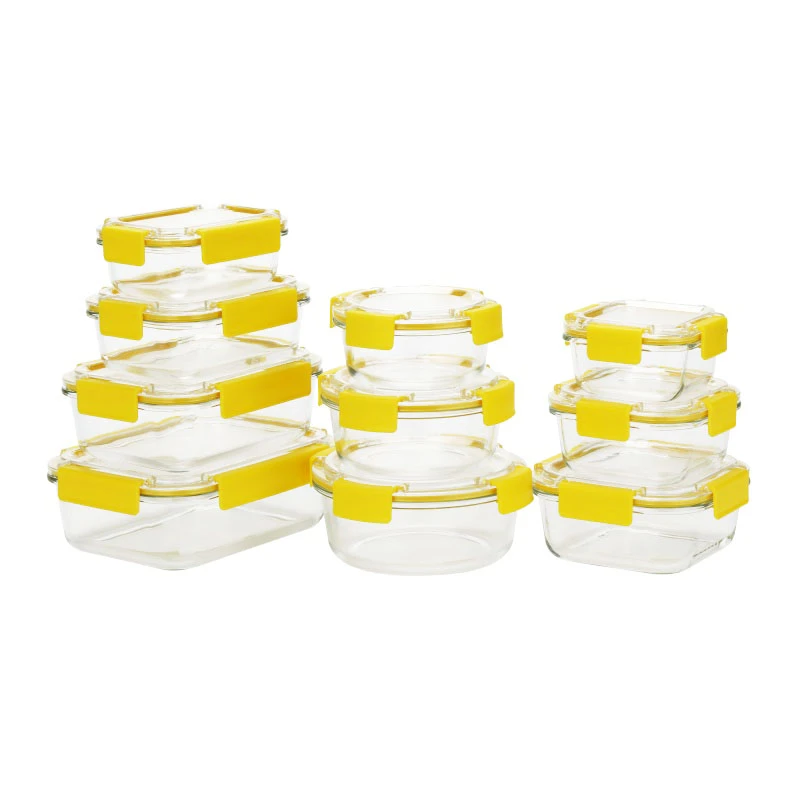 TEL: +86 311 67799298
TEL: +86 311 67799298 Email: tina@yintoglassware.com
Email: tina@yintoglassware.com
are glass water bottles better
Are Glass Water Bottles Better?
In our environmentally conscious age, the choice of materials in everyday items plays a significant role in health and environmental impact. Among these choices, the debate surrounding glass water bottles versus their plastic counterparts has gained substantial momentum. As we delve into this topic, it’s crucial to consider aspects such as health safety, environmental impact, durability, and overall user experience.
Health Safety
One of the starkest advantages of glass water bottles is health safety. Unlike plastic bottles, glass does not leach harmful chemicals, especially when exposed to heat or when stored for prolonged periods. Many plastics contain additives like BPA (Bisphenol A), which is known to disrupt endocrine functions and potentially lead to health issues. With a glass bottle, consumers can enjoy water without the worry of these chemicals leaching into their drink. Furthermore, glass is non-porous, meaning it doesn’t harbor bacteria or odors, making it a more hygienic choice for avid drinkers.
Environmental Impact
From an environmental standpoint, glass bottles also have a significant edge. Plastic pollution is a pressing issue, with millions of tons of plastic waste accumulating in oceans and landfills. In contrast, glass is recyclable and can be reused indefinitely without loss of quality. While producing glass requires a considerable amount of energy, the overall lifecycle carbon footprint tends to be lower compared to single-use plastic. By choosing glass over plastic, consumers contribute to reducing waste and promoting a circular economy, where materials are continually repurposed rather than discarded.
Durability and Aesthetic Appeal
are glass water bottles better
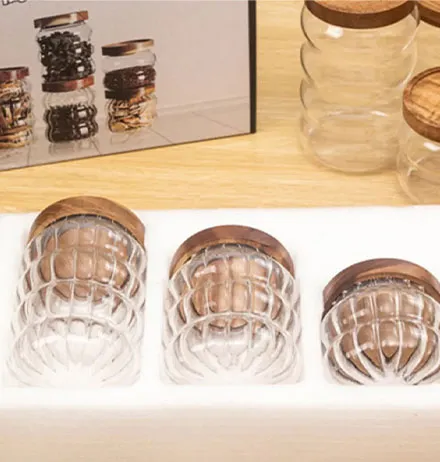
When discussing durability, one might argue that plastics are less prone to shattering than glass. However, advancements in glass technology have produced sturdy options, such as borosilicate glass, which is designed to withstand thermal stress and impact. Many glass water bottles now come with silicone sleeves that provide extra protection against drops. Additionally, the aesthetic aspect of glass bottles cannot be overstated. They often come in various designs and can be personalized, appealing to consumers who value style alongside functionality.
User Experience
In terms of user experience, glass water bottles offer a different tactile and sensory experience compared to plastic. Many users find that glass doesn’t impart a taste to water, maintaining its purity better than plastic. Furthermore, the weight and texture of glass can provide a more satisfying drinking experience. Although glass bottles tend to be heavier than plastic, which could be seen as a disadvantage for on-the-go lifestyles, many manufacturers have countered this with lighter designs and features such as built-in carrying loops or detachable bases.
Economic Considerations
Cost is another factor to consider. Initially, glass water bottles may seem more expensive than their plastic counterparts; however, they often prove to be a more economical choice over time. With a longer lifespan and the ability to be reused countless times, glass bottles can greatly reduce the need for constant repurchases of disposable plastic bottles. Thus, investing in a quality glass water bottle is not only a healthier choice but also a financially sound decision in the long run.
Conclusion
In conclusion, the debate over whether glass water bottles are better than plastic involves multiple facets including health, environmental impact, durability, user experience, and economic considerations. The advantages of glass bottles—such as safety from harmful chemicals, a reduced environmental footprint, and aesthetic appeal—make them a compelling choice for eco-conscious consumers. While they may not be as lightweight or shatter-proof as some would prefer, the benefits they offer in terms of health and sustainability cannot be overlooked. Making the switch to glass is ultimately a step towards a healthier lifestyle and a cleaner planet. As we continue to navigate our choices in the modern world, opting for glass can be a simple yet impactful change towards a more sustainable future.
-
YINTO's colored glass bowls hold stories, not just foodNewsAug.24,2025
-
Exquisite Colored Glass Dinnerware Crafted from Volcanic SandNewsAug.24,2025
-
YINTO's colored glass dinnerware: edible art's canvasNewsAug.24,2025
-
A Blue Glass Dinner Plate with an Integrated NFC ChipNewsAug.24,2025
-
The Ultimate Defense Against Lukewarm RegretNewsAug.24,2025
-
YINTO's double coffee wall cup: A silent thermal revolutionNewsAug.24,2025



